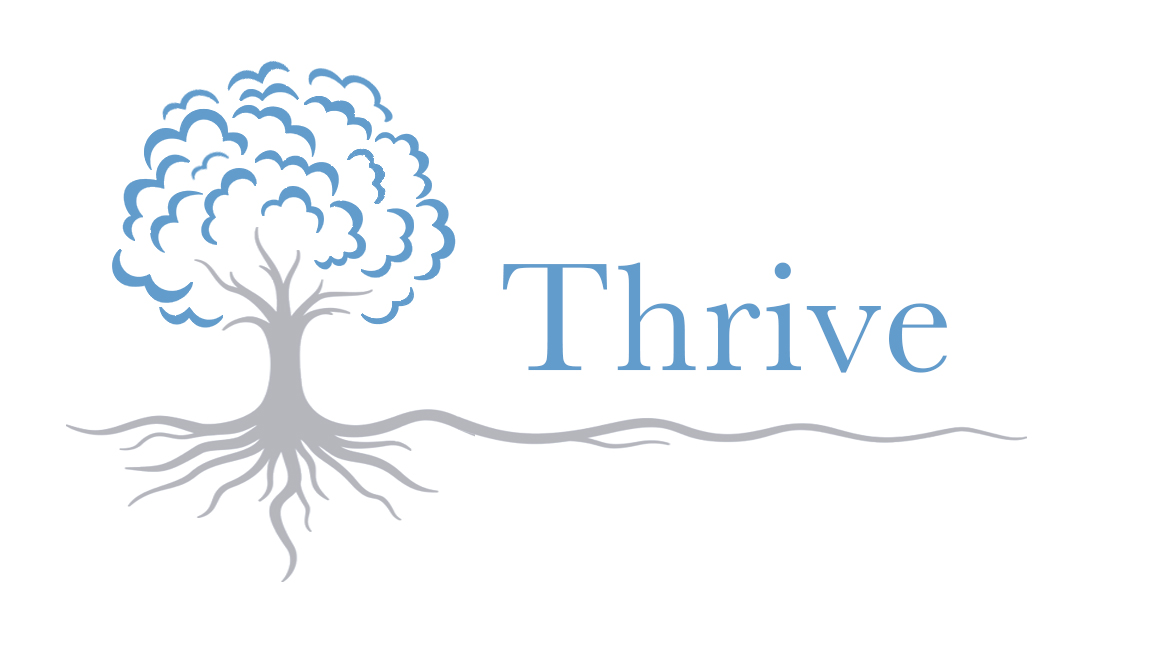Program Overview
Physical, sexual, and verbal abuse, physical neglect, as well as different forms of household dysfunction (such as parental divorce, parental substance abuse or mental health issues) are considered Adverse Childhood Experiences (or ACEs)—and sadly, they are widespread. Extensive research from the last 20+ years has shown that MORE THAN 50% OF ADULTS in the United States have experienced at least one ACE[1]. And while adult survivors may not see their childhood experiences as “adverse” and simply wish to move on and live their lives, their bodies and minds unfortunately often don’t let them. Research shows that ACE survivors have an increased risk for physical health issues (such as cancer, heart disease or asthma; [1,2,3]) as well as mental health issues (such as anxiety, depression, eating disorders, and substance abuse;[4]). In fact, it is estimated that OVER 50% OF DEPRESSION AND ANXIETY CASES are attributable to childhood maltreatment[5]. Yet, most survivors are not aware of—let alone address—their psychological vulnerabilities or mental health issues for many years or even decades[6,7]. This is in part due to their desire to simply “move on”, as well as their lack of awareness of the long-term impact of ACEs on the developing brain and body. Most of them only address it when they feel like they can no longer cope.
The THRIVE program aims to CHANGE THAT!
The THRIVE program offers FIVE 90-MINUTE SESSIONS that make women ACE survivors more aware of the mental health vulnerabilities associated with ACEs and introduce them to strategies that may strengthen their psychological resilience and sense of agency over their mental wellbeing. In addition to the workshop sessions, participants are also invited to join a PRIVATE COMMUNITY of women ACE survivors and have access to a LIBRARY OF RESOURCES for future exploration.
…
